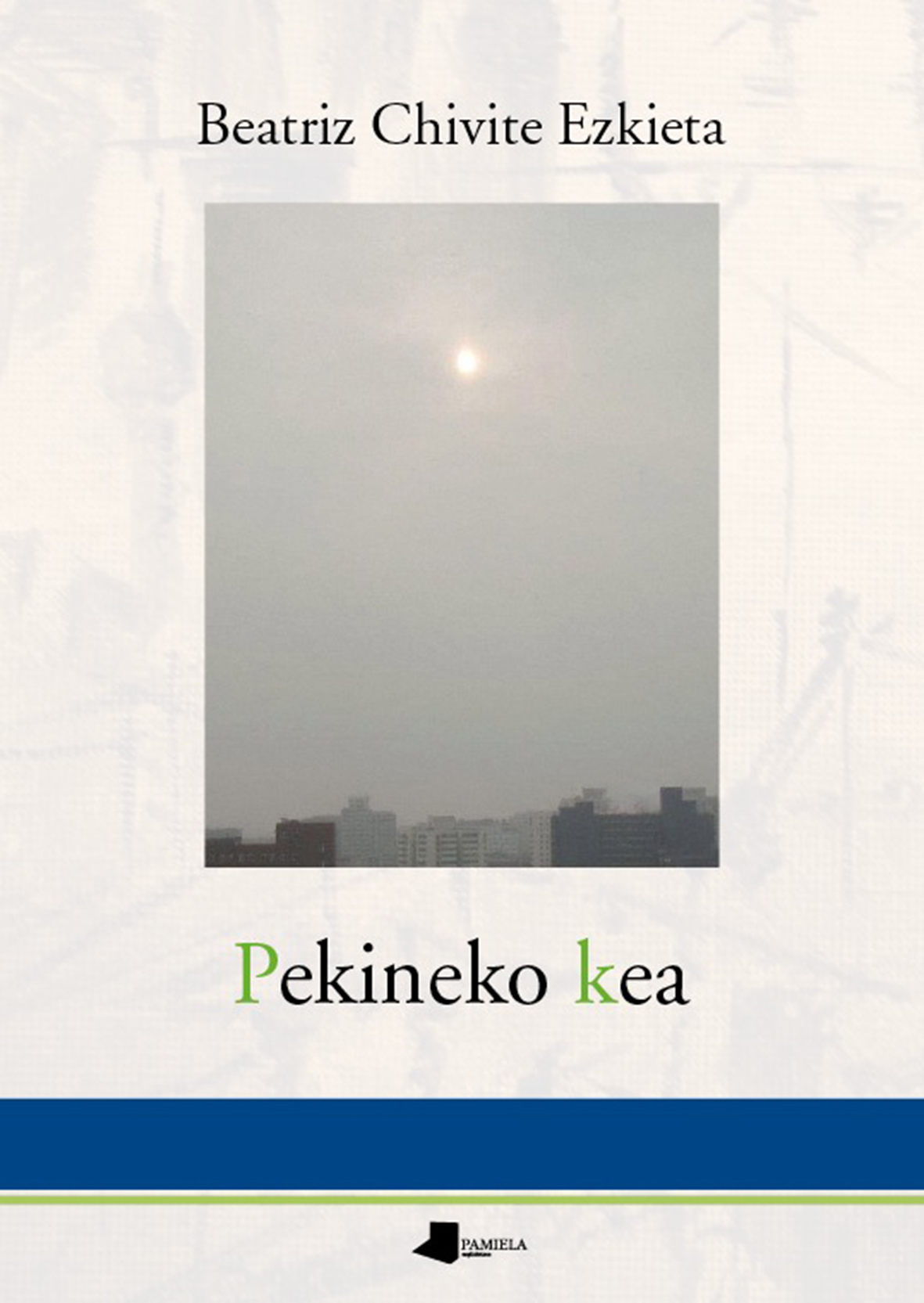

China, the daily miracle of a billion people of the last eighty years, Maorena and Zhou Linked i, the people who travelled 7,000 kilometers – 80,000, barely 10,000 –, that mixture of Confucius and Lenin and four thousand years of history, the small and gigantic China, has become the biggest transformation of our time into a book “like” to Beatriz Chivite. Forget that the world is nothing more than the bitterness, the salty, the bitterness and the sweet of always. Beijing smoke brings its fifth taste.
Beijing's smoke is the industrial steam in the country where environmental degradation is most raw, but also the silk curtain of poetry: “Cutting a piece of lemon/ I remember it,/ lying on the balcony/ a gintoni in the hand/ and a book in the face”.
Beijing's smoke is not the most ingenious thesis I've read this year, it's not the most heartbreaking poetic testimony I've ever had. Beijing smoke is not an impetuous reading that has prevented me from sleeping all night. The smoke from Beijing is the freshest, most suggestive, most interesting book I've read a long time ago. And it has another virtue that's very charged: entertaining.
In this book written by Beatriz Chivite over the past year in China, not only are the accounts there collected. It goes beyond the concepts here and there, to the uncertain concepts: “Old sleeveless white t-shirt men/ sweaty showmen, where do they look at these sharp eyes?/ In the footsteps of time/ and in the midday naps?/ In the sun of the six of Houhai Lake/ or in the changes of China?/ To metamorphosis and unintelligible mutations.”
It's that mystery, the most unintelligible mutation, that makes this book special. The landscape of the eyes that contemplate the landscape, a spring still frozen that has barely arrived, the despair of the exasperated, the nostalgia… all fit, as in a refined and refined epigram, in a poem of Chivite. Because in this poem of universal images you'll find delicate and big at once. On the one hand, the almost imperceptible tremor of gigantic things and on the other, the multiplied echo of small things. The writer dedicates the book to eternal themes, to beauty, to love, to the tattoos of time, but he writes about them without noticing the weight of the themes, passes like a boat, without leaving marks, through the seas. A physical journey turned into an inner journey, the smoke of Beijing is not poetry, but a poetized life.